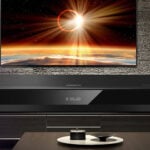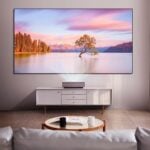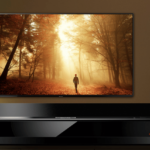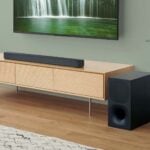Eric R C
Agent
- Joined
- May 3, 2003
- Messages
- 42
I purchased a spool of 12G speaker wire from Home Depot and I had the hardest time installing it. I have a Pioneer receiver VSX-811 and Pioneer satellite speakers with the tab type spring loaded connectors. After stripping enough of the thick rubber insulation from the copper I was not able to attach it to the binding post and have them stay in place. The copper would slip out of the binding post after it was screwed down. I also had a problem with how thick the insulation was with regards the closeness of each terminal and the limitations of space. Has anyone successfully used the HD 12G speaker ware that would have tips on its use?





